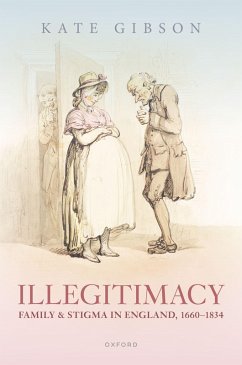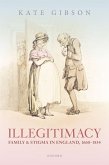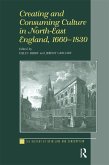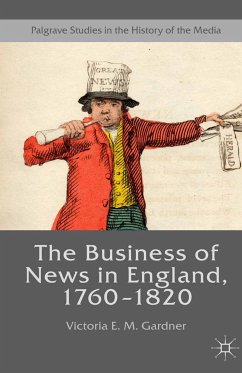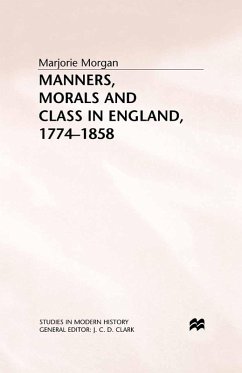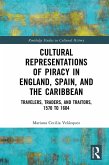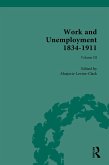Illegitimacy, Family, and Stigma is the first full-length exploration of what it was like to be illegitimate in eighteenth-century England, a period of 'sexual revolution', unprecedented increase in illegitimate births, and intense debate over children's rights to state support. Using the words of illegitimate individuals and their families preserved in letters, diaries, poor relief, and court documents, this study reveals the impact of illegitimacy across the life cycle. How did illegitimacy affect children's early years, and their relationships with parents, siblings, and wider family as they grew up? Did illegitimacy limit education, occupation, or marriage chances? What were individuals' experiences of shame and stigma, and how did being illegitimate affect their sense of identity? Historian Kate Gibson investigates the circumstances that governed families' responses, from love and pragmatic acceptance, to secrecy and exclusion. In a major reframing of assumptions that illegitimacy was experienced only among the poor, this volume tells the stories of individuals from across the socio-economic scale, including children of royalty, physicians and lawyers, servants and agricultural labourers. It demonstrates that the stigma of illegitimacy operated along a spectrum, varying according to the type of parental relationship, the child's race, gender, and socio-economic status. Financial resources and the class-based ideals of parenthood or family life had a significant impact on how families reacted to illegitimacy. Class became more important over the eighteenth century, under the influence of Enlightenment ideals of tolerance, sensibility, and redemption. The child of sin was now recast as a pitiable object of charity, but this applied only to those who could fit narrow parameters of genteel tragedy. This vivid investigation of the meaning of illegitimacy gets to the heart of powerful inequalities in families, communities, and the state.
Dieser Download kann aus rechtlichen Gründen nur mit Rechnungsadresse in A, B, BG, CY, CZ, D, DK, EW, E, FIN, F, GR, HR, H, IRL, I, LT, L, LR, M, NL, PL, P, R, S, SLO, SK ausgeliefert werden.

